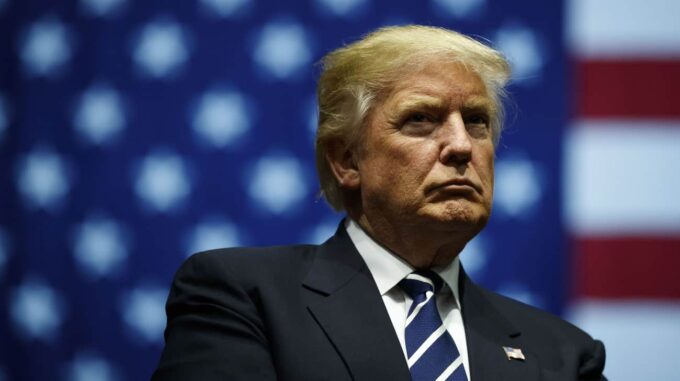Donald Trump has made a decision regarding the new commander of NATO forces in Europe: experts and sources report changes in the security sphere

American President Donald Trump has issued an important statement concerning the prospects for managing NATO military operations on the European continent. According to authoritative sources, including Reuters, the White House leader has selected a candidate to replace the current commander in charge of NATO military aspects in Europe. This indicates that the United States has no intention of completely withdrawing from European security issues or reducing its presence, despite some internal discussions and political instability. Sources report that Trump personally informed NATO Secretary General Mark Rutte of his decision. An official announcement of the candidate is expected in the coming days, which will mark a new political and military phase in the cooperation between NATO and the U.S. in the European region. Experts suggest that the most likely candidate for this significant position is Lieutenant General Lexus Grinkevich of the U.S. Air Force. It is known that he could become the new Supreme Allied Commander Europe (SACEUR). For reference: the SACEUR position is one of the most important within NATO’s structure and is responsible for overseeing all military operations of the North Atlantic Alliance in the European area. Traditionally, this position has been held by American generals, and currently, it is occupied by General Christopher Cavoli, who was appointed in July 2022. A change in leadership may reflect growing concerns among European allies about a possible reduction in U.S. military presence in the region. It is known that the Trump administration was considering options to decrease the number of U.S. service members in Europe, which today number around 80,000 personnel. Possible changes in leadership signal a potential temporary easing or a shift towards new strategic directions in U.S.-European defense cooperation. Additionally, analysts and experts note that it is quite likely that this candidate will serve as a temporary stabilizing measure, allowing for the maintenance of balance and coordination in military affairs between the United States and European countries. At the same time, activists and political commentators emphasize that such personnel decisions present a dilemma: whether to enhance military presence and maintain collective defense within NATO or to consider possible reductions in response to internal challenges and changes in the global security architecture. Therefore, this news could serve as a signal that the U.S. does not plan to disengage from its commitments in the European region, although it is exhibiting caution in its long-term strategic plans regarding military presence and defense policies. Given the tense international situation amid conflicts and geopolitical disputes, Trump’s decision to appoint a new NATO commander in Europe is a crucial step that will influence not only domestic political discourse in the U.S. but also the security and stability situation in Europe.

